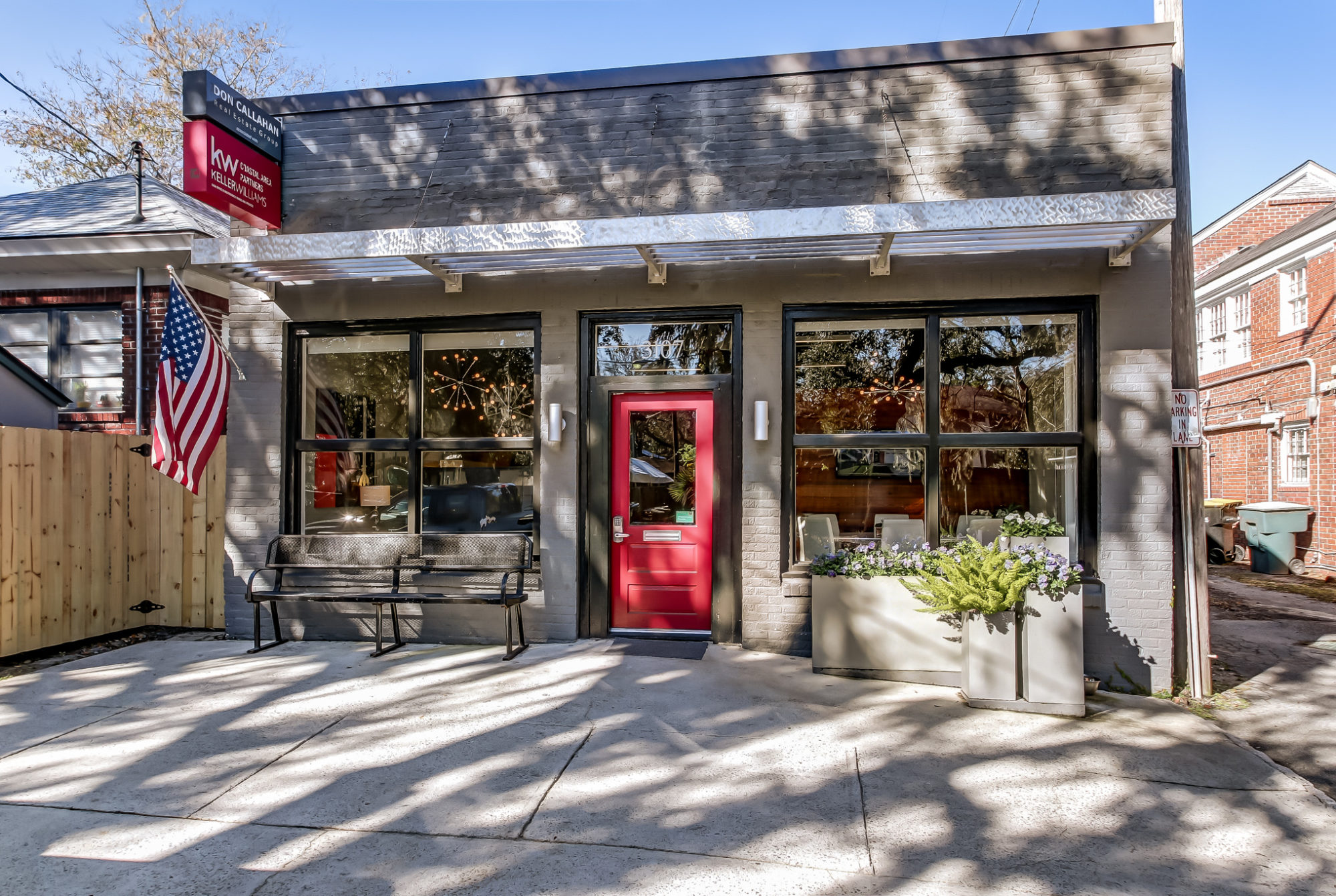What is a foreclosure?
A foreclosure is a home that belongs to the bank, which once belonged to a home owner. The homeowner either abandoned the home or voluntarily deeded the home to the bank. You will hear the term the bank taking the property back, but the bank never owned the property in the first place, so the bank can’t take back something the bank did not own. The bank foreclosed on the mortgage or trust deed and seized the home. There is a difference.
Why Do Sellers Go Into Foreclosure?
Sellers stop making payments for a host of reasons. Few choose to go into foreclosure voluntarily. It’s often an unpredictable result from one of the following:
- Laid-off, fired or quit job
- Inability to continue working due to medical conditions
- Excessive debt and mounting bill obligations
- Squabbles with co-owner, divorce
- Job transfer to another state
- Maintenance issues they can longer afford
During the market crash from 2005 through 2011, many home owners simply walked away from their homes because the values had fallen and they owed more than their homes were worth.
Buying a Foreclosure
Many banks do not sell homes directly to investors or home buyers. If a bank is willing to sell homes individually and not in bulk sales, the bank will generally list the home through a real estate agent. There are REO agents who specialize in foreclosure listings.
The truth is: these markets demand most of the same things an ordinary market demands of buyers—only more intensely and pointedly:
- Money: Buyers must be financially qualified and ready to buy. The best properties go quickly. Buyers must look strong to lenders.
- Motivation: Buyers must be motivated to compete successfully. Keller Williams agents urge their buyers in this market to be clear about both their “motivating why” and their criteria for the property itself (size, location, condition, floor plan, etc.)
- Location: Contrary to the rumors, prime buying opportunities exist in almost every neighborhood and price range.
- Condition: Buyers should understand that repair costs are not necessarily large. The Keller Williams Distressed Property Buying Survey shows the average cost to repair to be $5,000—that’s less than 3 percent of the median purchase price in the U.S. today.
- Expert Help: Finally, smart buyers know they need to be even smarter—they become a team with a local expert agent who knows local property, pricing, lenders, and the best listing agents. A strong listing agent can be a critical advantage in seeing a distressed property through from contract to close.
Pros & Cons of Buying a Foreclosure
Advantages:
- Bank is motivated to get property sold and will negotiate price, down payment, closing costs, escrow length, etc.
- Title will be clear; buyer will not take on any liens, mortgage or back taxes of prior owners.
- Inspections and mortgage financing are allowed within normal due diligence/contingency period.
- House will be vacant.
- Property will usually be listed on MLS; bank will pay real estate agent’s commission.
- REO sales close within a normal escrow period of time.
Disadvantages:
- Bank will not agree to do any repairs; as-is sale.
- Bank will usually require additional paperwork.
- Bank cannot provide disclosures as to property history/condition issues.





